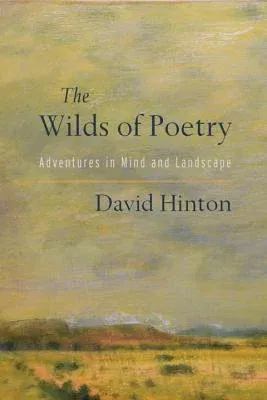An exploration of the emerging Western consciousness of how deeply we
belong to the wild Cosmos, as seen through the lineage of modern
America's great avant-garde poets --a thrilling journey with today's
premier translator of the Chinese classics.
Henry David Thoreau, in The Maine Woods, describes a moment on Mount
Ktaadin when all explanations and assumptions fell away for him and he
was confronted with the wonderful, inexplicable thusness of things.
David Hinton takes that moment as the starting point for his account of
a rewilding of consciousness in the West: a dawning awareness of our
essential oneness with the world around us. Because there was no Western
vocabulary for this perception, it fell to poets to make the first
efforts at articulation, and those efforts were largely driven by Taoist
and Ch'an (Zen) Buddhist ideas imported from ancient China. Hinton
chronicles this rewilding through the lineage of avant-garde poetry in
twentieth-century America--from Walt Whitman, Ezra Pound and Robinson
Jeffers to Gary Snyder, W. S. Merwin, and beyond--including generous
selections of poems that together form a compelling anthology of
ecopoetry. In his much-admired translations, Hinton has re-created
ancient Chinese rivers-and-mountains poetry as modern American poetry;
here, he reenvisions modern American poetry as an extension of that
ancient Chinese tradition: an ecopoetry that weaves consciousness into
the Cosmos in radical and fundamental ways.

